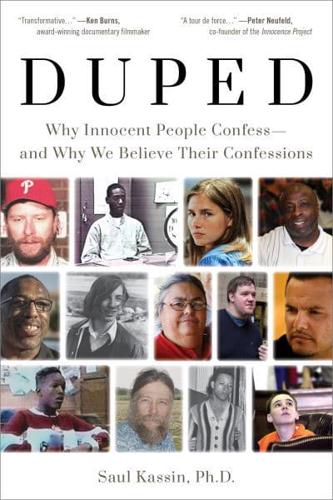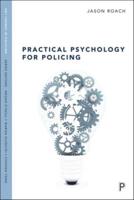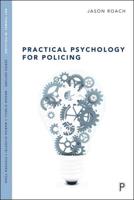Publisher's Synopsis
Why do people confess to crimes they did not commit? And, surely, this must be a rare phenomenon? In fact, it happens all the time. Psychologist Saul Kassin is the world's leading expert on false confessions - why innocents confess, how interrogators force false confessions, and why we all believe them. This conclusive and comprehensive book reveals the psychology behind why innocent men and women, intensely stressed and befuddled by the promises, threats, trickery, and deception of a police interrogation, are duped into confession, no matter how horrific the crime. Featuring riveting case studies, highly original research, work done in tandem with the Innocence Project, and quotes from individuals who confessed to crimes they did not commit, Duped tells the story of how this happens, how the system turns a blind eye, and how to make it stop. Starting in the 1980's, Dr. Kassin pioneered the scientific study of police interrogations and confessions. At that time, he distinguished three types of false confessions: voluntary, in which people claim responsibility for crimes they did not commit without outside prompting or pressure; compliant, in which the suspect capitulates to escape a stressful in-custody situation, avoid physical harm or legal punishment, or gain a promised or implied reward; and internalized, in which innocent but psychologically vulnerable suspects become confused, lost their grip on reality, and come to believe that they committed the crime in question. This taxonomy is still universally accepted today. Examining famous cases like the Central Park jogger and the Amanda Knox case as well as the scores of ordinary people convicted based on their confessions who have been exonerated by Kassin's work with the Innocence Project, along with groundbreaking research into how age, race, and station play into false confessions, Duped shows why this stigma persists and how we can reform the criminal justice system to be more just. |










